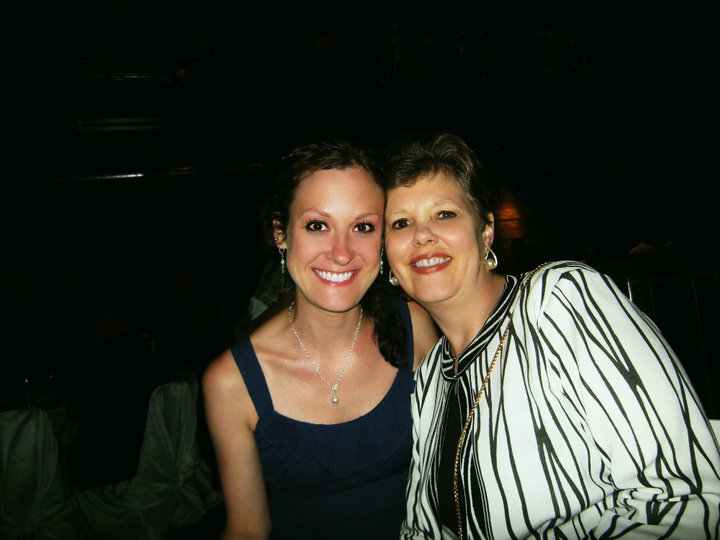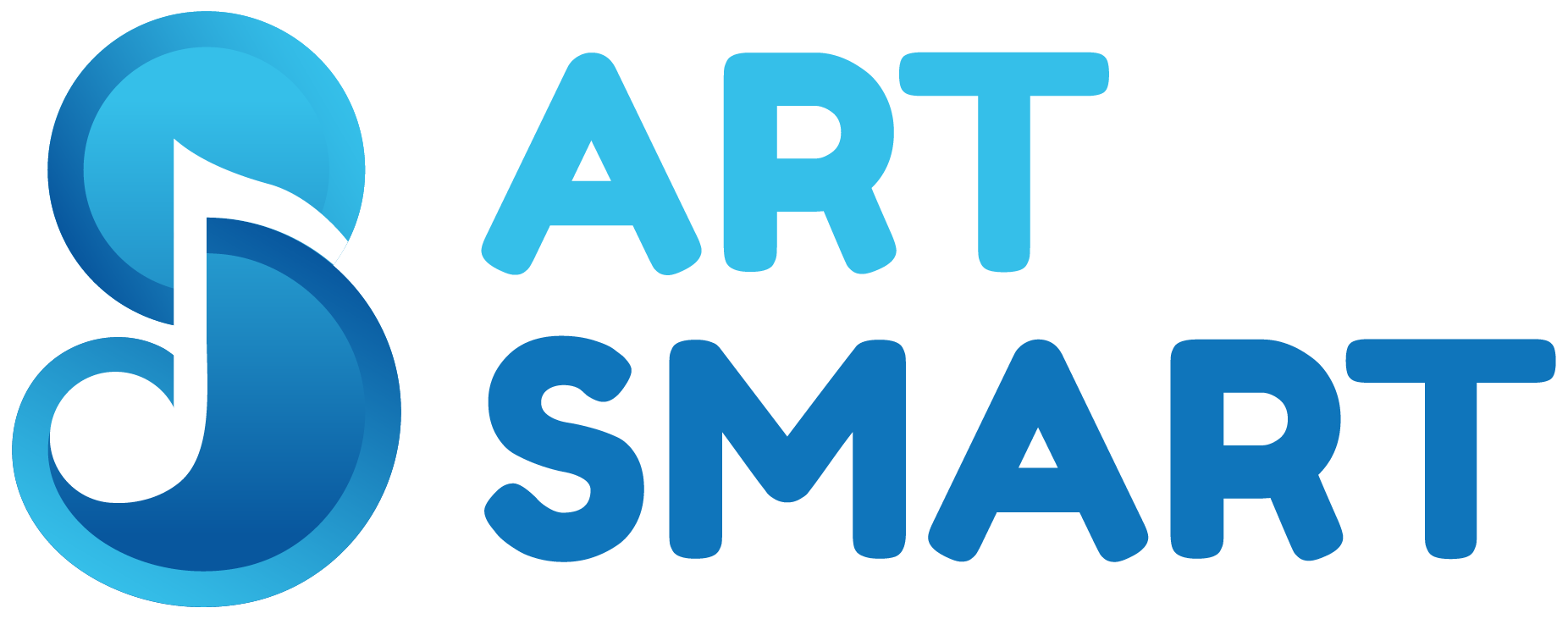
I wanted to be a teacher since the first grade. There was something about my teacher, Mrs. McKay, that inspired me to think, “I want to do THAT with my life!” at 5 years old. School was something I looked forward to each day, especially as a child. My home life was in constant turmoil – full of domestic violence, and physical, emotional, and verbal abuse at the hands of my parents. School was a place I could escape all of the chaos. I looked up to my teachers, since I didn’t have good adult role models at home, and they gave me a sense of safety and comfort. I knew I wanted to do that for other kids when I grew up.
Everything changed when I joined the high school choir in 10th grade. The director, Dr. Timothy Lentz, took an interest in my skills and strongly encouraged me to become more involved in the music program. This conversation had an enormous impact on me. This was the first time someone had ever took a personal interest and told me I was good at something. I didn’t hear positive reinforcement or kind words from my parents, and Dr. Lentz gave me a surge of confidence that I sorely needed as a struggling, insecure teenager. Growing up, I had trouble making friends and socializing with others, and instead always retreating and feeling socially anxious. But now music gave me the opportunity to collaborate with so many others, and gave me a sense of community and belonging as I began to make strong friendships with other students for the first time in my life. As I reached my senior year, the obvious choice was for me to pursue music education as a college major, combining my passion for teaching and newfound love for music.
College was an incredible time of growth for me personally, and music was a huge part of this transformation. The pivotal moment was when I began studying voice with Dr. Edith Diggory (pictured), a professor at the college I was attending, Oakland University in Michigan. I came to college with a decent voice, strong musical instincts, and a great deal of untapped potential. I didn’t have enough confidence to consider myself a performer, and was set on my education degree. Edie changed all of that. I clearly remember her asking me in our second lesson together if I would consider adding vocal performance to my degree. I was positive she had lost her mind. I replied, “I don’t perform. I just want to teach.” But she had planted a seed that would continue to grow over the next semester. Edie taught me everything I know about vocal technique and slowly pulled a voice out of me that I never knew I had. I was finally learning how to breathe properly, and my voice blossomed rapidly. As my confidence with singing and performing grew, that seed Edie had planted grew just as quickly. I added vocal performance to my major the next semester and found a new love for the thrill of the stage.
It was this rapid vocal development and newfound confidence that led to the biggest breakthrough of all. The journey of learning to sing is a very vulnerable process. Our voices are a part of our physical bodies, and it challenges us to open our souls, to express our emotions, and to lay it all bare. This aspect of singing was the most difficult of all for me. Because of the trauma I suffered throughout my early childhood to adulthood, I was very closed off from my feelings and often dissociated altogether. But singing found a way to cut through that wall and make me feel again. It showed me other perspectives of the world where love existed and that joy and happiness are real. It also drew out very painful feelings, including trauma that had been trapped inside for decades. I truly believe the physical act of singing made it possible for me to recognize what trauma I had been through and seek help. It has been an extraordinarily helpful tool in the therapy I’ve sought in the years since, and I credit singing with saving my life.
After graduating with both an education and performance degree, I decided to explore more performing and made my way to graduate school at Manhattan School of Music in 2008. I had continued teaching, and after a few years, I decided to pursue private teaching versus classroom teaching. I felt much better suited in a one-on-one environment where I can make a personal connection with a student and have the ability to create personalized curriculums tailored for each of them and their specific goals and dreams.
This leads me to current day, where I have the profound pleasure of teaching voice for ArtSmart. When I learned of their mission and philosophy, I was on board immediately. There are so many beautiful voices and buckets of untapped talent that go unrecognized and undeveloped simply because they can’t afford lessons. The only reason I could explore music was because my parents could afford lessons when I was in high school. No child should be withheld the transformative, healing work that music and singing can bring simply because they don’t have the money. Singing is an extraordinary resource that should be available to anyone, and I am thrilled that ArtSmart is making that dream a possibility.
Article DETAILS:
By Katya Powder, ArtSmart Mentor | Published on 10/19/2018


To learn more about Katya and her performing and teaching career, you can visit her website by clicking here.